New in Singapore, the BMW ALPINA B7 Bi-Turbo
17 February saw the launch of the new BMW ALPINA B7 Bi-Turbo. The ultimate in performance and luxury paired with precision dynamics and comfort at the very highest level. New generation 4.4 litre V8 engine with Bi-Turbo charging, petrol direct injection and Valvetronic delivers 447 kW (608 hp) and a maximum torque of 800 Nm.


The new BMW ALPINA B7 Bi-Turbo impresses with class-leading performance figures in the segment of luxury performance sedans: from 0 to 100 km/h in just 4.2 seconds, with a top speed of 330 km/h.
Modern and perfectly matched suspension technologies offer an unrivalled breadth of driving experiences, characterized by sharp, dynamic handling and outstanding comfort.
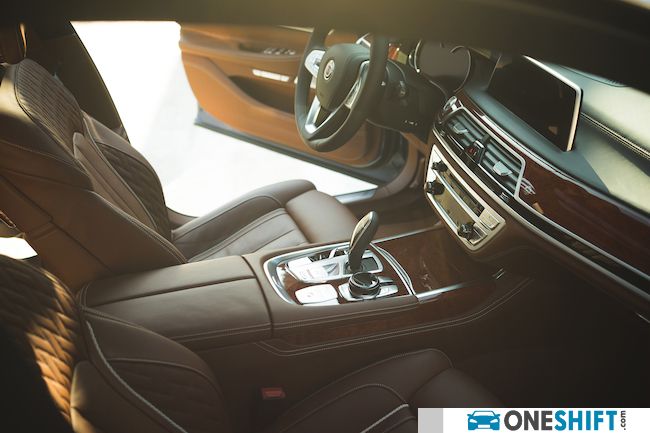
The rear wheel steering of the Integral Active Steering system combined with the light and extremely rigid BMW 7 Series body with Carbon Core provides not only very direct handling but also a level of agility that is usually the domain of smaller performance vehicles.
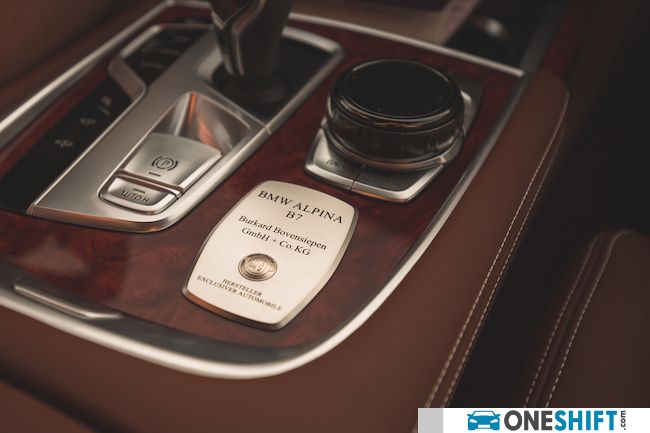
Special ALPINA Sport+ Mode adjusts all vehicle, drivetrain and suspension settings to maximum dynamic performance at the touch of a button and lowers the ride height by 20 mm for more agility and high speed stability.
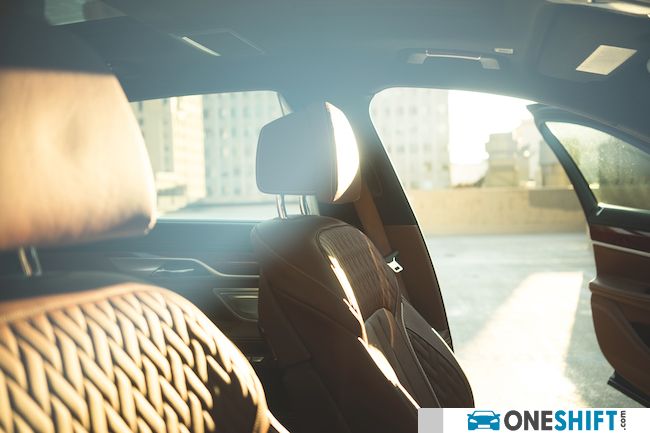
The ALPINA stainless steel sports exhaust system with two twin-tailpipes features active exhaust valves and delivers a sporty, sonorous soundtrack.
Cutting-edge BMW engine technology and intensive development work carried out by ALPINA, means output and torque are raised to a whole new level in the BMW ALPINA B7 Bi-Turbo.
The new 4.4 litre 8-cylinder engine with Bi-Turbo charging, petrol direct injection and Valvetronic delivers an impressive output of 447 kW (608 hp) between 5750 and 6250 rpm, while the maximum torque of 800 Nm is available from 3000 rpm.
The resulting performance figures are remarkable – the new BMW ALPINA B7 Bi-Turbo with rear-wheel drive accelerates in just 4.2 seconds from 0 to 100km/h, reaching a top speed of 330 km/h.
The power output of this high-tech engine unfolds smoothly and with impressive emphasis across the entire rpm range. Excellent throttle response and high torque ensure that even at low engine speeds driver inputs are immediately transformed into forward acceleration. In every situation there is a fascinating surge to the car‘s power delivery.
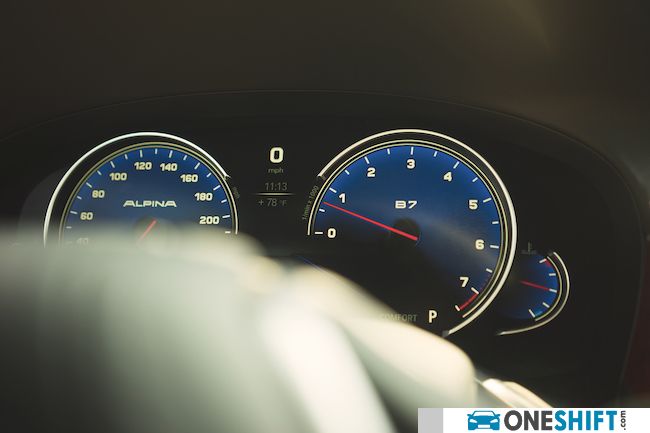
The Bi-Turbo charging system comprises two specially developed turbochargers positioned in the V of the 8-cylinder engine. These feature optimized twin-scroll turbocharger housings and compressor wheels with enlarged inlet and outlet diameters. In combination with appropriately sized turbines this configuration ensures very effective use of exhaust gas energy even at low engine speeds. The result is a fast power build-up and more torque at low engine speeds for overall exceptional engine response. 670 Nm of torque is available at 2000 rpm.
All components of the high-performance cooling system are designed to remove bottlenecks and maximise effectiveness – special large-volume coolers are interconnected by large diameter hosing for maximum throughput. An indirect inter-cooler system (air/water/air) facilitates the implementation of short charge-air intake paths – with a main intercooler supplying the two large volume engine-near intercoolers. Together with additional external water coolers and a transmission oil cooler, the system ensures the thermodynamic stability of the V8 Bi-Turbo engine at all times even under the highest loads and ambient air temperatures.

Inside the engine special Mahle pistons and NGK spark plugs are designed to deal with the temperatures and loads associated with 1.4 bar charging and a compression ratio of 10.0:1.
The stainless steel ALPINA sports exhaust system is responsible for a reduction in back pressure and weight, its sonorous sound is typically V8. Active exhaust valves allow the driver to influence the sound experience by switching between Comfort and Sport Mode. A typical ALPINA feature: the two twin tailpipes of the exhaust system are integrated elegantly and aesthetically into the rear apron.
Fuel consumption in the combined cycle measured according to ECE norms is 9.6l/100km and 222g/km CO2.
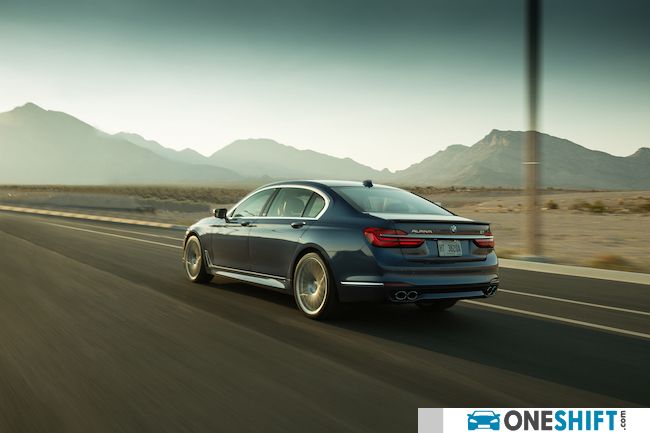
Credits:

- Convenient and Hassle-Free
- Consumer Protection
Transparent Process
With No Obligation


Get the Best Price for your used car
from 500+ dealers in 24 hours








